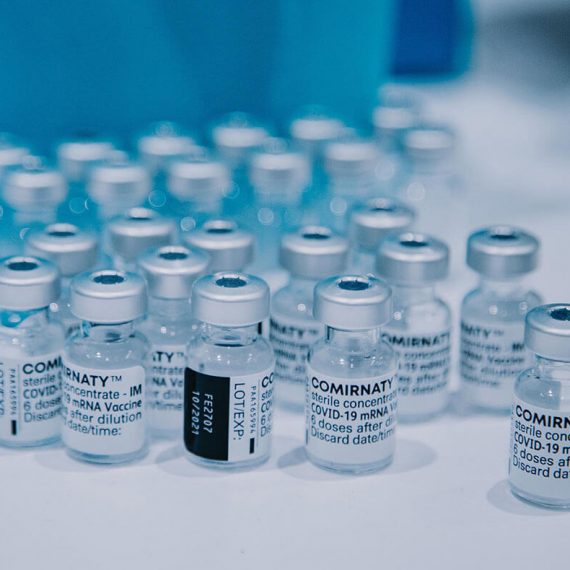The pharmaceutical raw material industry is a critical component of the drug manufacturing process, producing the active pharmaceutical ingredients (APIs) and excipients that form the basis of many medications. However, as with any industry involved in the production of goods that impact public health, pharmaceutical raw material manufacturers are subject to extensive regulation.
These regulations can vary significantly depending on the country or region in which the manufacturer operates. In the United States, the Food and Drug Administration (FDA) sets rigorous standards for drug manufacturers, including those producing raw materials. In the European Union, the European Medicines Agency (EMA) similarly regulates the production of APIs and excipients.
One of the most significant impacts of regulation on the pharmaceutical raw material industry is the cost of compliance. Meeting regulatory requirements can be expensive, requiring significant investments in infrastructure, personnel, and equipment. Additionally, the cost of maintaining compliance can increase as regulations change over time.
Regulations also impact the way in which pharmaceutical raw material manufacturers conduct their operations. For example, the FDA’s Current Good Manufacturing Practice (cGMP) regulations require manufacturers to maintain detailed records and adhere to strict quality control standards. This can result in more rigorous testing and monitoring of raw materials, as well as the development of new quality control measures.
Another way in which regulations impact the pharmaceutical raw material industry is through intellectual property laws. Manufacturers may need to secure patents or other legal protections for their raw materials in order to prevent others from copying or using them without permission.
Despite the challenges presented by regulation, there are also benefits to a well-regulated industry. Regulations can help to ensure that raw materials meet strict quality and safety standards, which in turn can help to protect public health. Additionally, by creating a level playing field for manufacturers, regulations can help to foster competition and drive innovation.
In conclusion, the impact of regulations on the pharmaceutical raw material industry cannot be overstated. While compliance can be costly and time-consuming, regulations are necessary to ensure the safety and efficacy of the drugs that millions of people rely on every day. As the industry continues to evolve, it will be important for manufacturers to stay up-to-date with regulatory changes and adapt accordingly.








